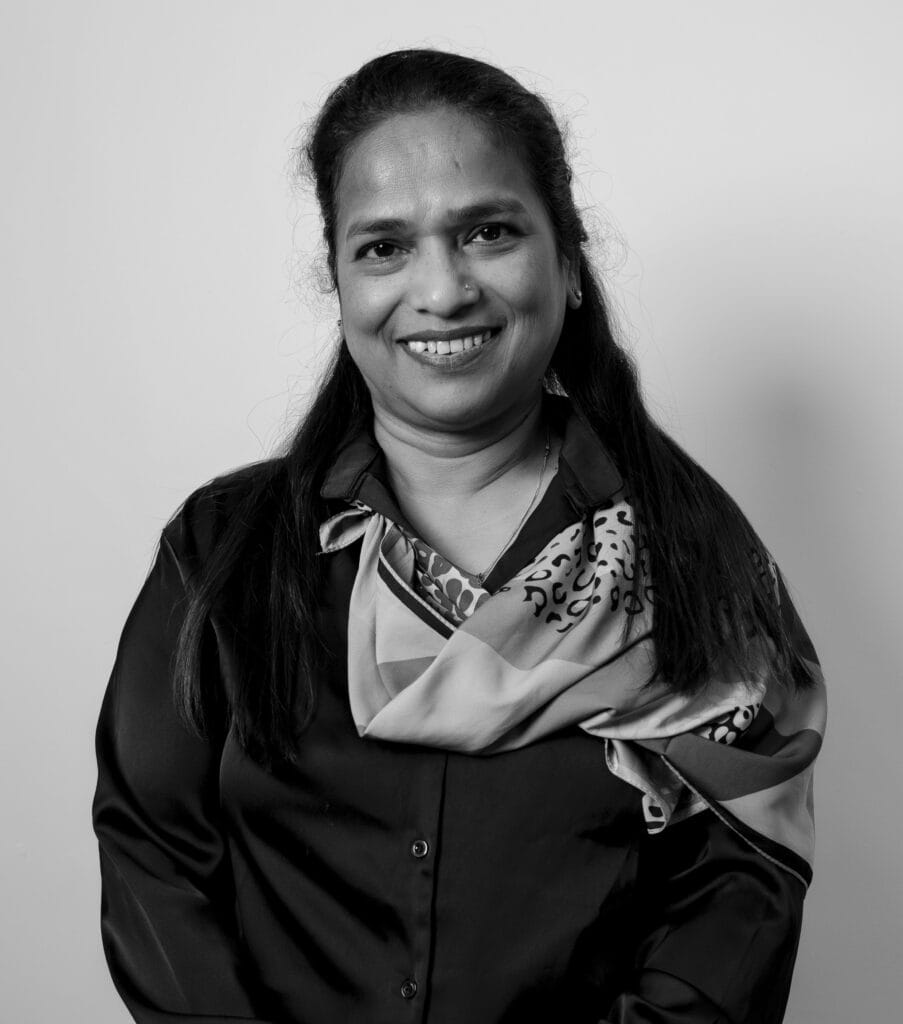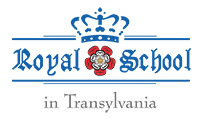
Head of Maths
Biography
With over twenty years of experience in international education, Rahila Maheen has significantly transformed students; perceptions of mathematics—from a subject often regarded with apprehension to one approached with curiosity and confidence. Her career encompasses diverse teaching environments in Pakistan and Romania, where she skillfully integrates academic rigor with innovative, real-world methodologies that render mathematics meaningful and engaging. Her commitment to innovation was evident early on, when in 2006 she successfully guided her students to participate in an online mathematics competition, securing awards for her school. This achievement afforded her the opportunity to join a pioneering online Mathematics program initiated by Australia’s Mathletics group—the first of its kind. Through close observation of student engagement with the digital platform, she conducted research on the impact of e-learning in mathematics instruction.
During the COVID-19 pandemic, she expanded her educational outreach beyond conventional classrooms by leading an FM radio program designed to deliver mathematics lessons to primary students in rural Pakistan with limited or no internet access. This initiative received formal recognition from the Government of Pakistan and continues to be broadcast, demonstrating that education transcends physical boundaries. Her academic credentials include advanced degrees in education, professional training from the University of Marjon and Plymouth, and certification in teaching with digital technology awarded by Cambridge International Examinations (CAIE). She is the author of the Mathsmagic series published by Oxford University Press Pakistan and has contributed to national curriculum development, teacher training materials, and the review of mathematics textbooks for prominent publishers.
Beyond her professional accomplishments, she pursues a passion for music and literature, embodying the belief that creativity, curiosity, and a lifelong love of learning are essential complements to academic knowledge.


